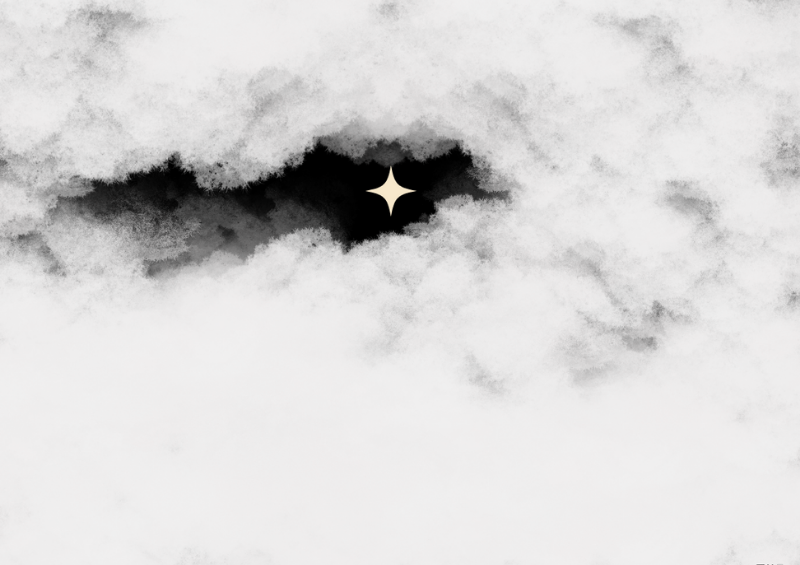Driven apart by my own confusion, and numbness from freedom, I have yet to fully understand what it really means. Freedom, as a word encompasses quite a perplexing concept. Liberty and by extension, libertarianism has grown to be sophisticated in depth, and breadth, almost applicable to every aspect of our lives. Despite the pillars of freedom being vague in my limited view, its breadth is impressive.
According to the Oxford English Dictionary, the first definition of freedom is “the power or right to act, speak, or think as one wants”. What undermines this is that no one is capable of making choices, according to Dr Robert Sapolsky, a Stanford Professor. Essentially, every choice we make is predetermined, depending on biological factors. He contends that what feels like a freely made choice is actually the end product of countless factors such as hormone levels, brain chemistry, upbringing, genetics, and even evolutionary history, all interacting to produce behavior.
Well, this seems quite bleak. There is no free will. But let’s consider the strange reality. The fact that the pursuit of key values and principles of liberty has brought our human network/society forward, improving key markers of quality of human life. If that is the case, perhaps liberty is more genetic than we may realise, at least when compared with general opinion. Perhaps a more nuanced take of liberty and freedom is required to fully comprehend the reality of how it manifests.
If consciousness as we know it originated from the processes that selected for it naturally, as we’ve seen Darwin pioneer, the process of liberation from predetermination and a more active involvement, in the form of choice/selection has led to the most dominant success as we’ve seen in humans. It appears the natural processes that selected consciousness realised that selecting for the ability to select, and making sure that trait is passed on to future generations is key.
Rather than thinking in strict absolutes, I believe we can safely assume that there is a gradient between the both extremes, an “in-between”. On one hand, we might imagine having absolute control over every aspect of our biology: consciously regulating the rate of breathing, heart rate, execution of neurotransmitters, what steroids to create, how each steroid responds, how cells reproduce, how genetic data can be rewritten, simply through our own control. On the other hand, we have an absolute predetermination of everything, where every single thing that a particular organism does can be represented by a simple math equation. Deterministic. So how does the in-between manifest?
We know that many unconscious aspects of our neurology are responsible for regulating routine bodily functions such as heart rate, neurotransmitter production, hunger drive etc. There are probably thousands, if not even more aspects like those. Given this, it isn’t too far-fetched to suggest that what we are consciously aware of is really quite minimal when compared. But this raises an important question: how critical is that small window of consciousness?
Humankind is infinitesimally approaching better understanding and dexterity over biological processes. Today we have protein folding and CRISPR, a genetic editing medical technology that has even been successfully applied in China to birth a child completely immune to the HIV virus. If it is really the case that there is no gradient between the two ends, that it is an “either-or” case, how can we make such advances?
Sapolsky posits that biological determinants are key aspects of the predetermined behavior, but we are increasingly able to alter and control those very determinants. To what degree are we free to do so? We may begin selecting traits according to the biological factors that we desire— more attractive children, less susceptibility to disease, longer lives, or perhaps even shorter ones, maybe even cat-girls; it appears quite deterministic.
This question naturally ties into those asked earlier: how critical and how free can we truly be? Addressing it requires us to acknowledge the existence of the “in-between”. Since I’m arguing that such a space exists, perhaps due to my nature of being a troublemaker-compatibilist, it opens a whole new can of worms.
The better. That is something we continually strive toward. It slowly, elegantly, reveals its titanic chaos through us daily. Herein lies the matrix that the “in-between” provides. We may be biologically constrained towards the better, having no free-will to decide otherwise. But whatever lies within it is “free” for us to select and most crucially, the pursuit of improving that ability to be free is a positive feedback loop that leads to the best ability toward the better.
To conclude, I invite the reader to imagine a world where we understand the laws of physics so intricately, that we’re able to explore between universes, and perhaps even determine how universes manifest. In this extreme example, where will our biological factors push us? Toward Justice? Art? God? All these are so-called consequences of “biological determinism” if one assumes there is no free-will. By nature of Complexity, by nature of Gestalts, biological factors as sophisticated as ours, birth more than the “sum of its parts”.
This piece solely expresses the opinion of the author and not necessarily the magazine as a whole. SpeakFreely is committed to facilitating a broad dialogue for liberty, representing a variety of opinions. Support freedom and independent journalism by donating today.
